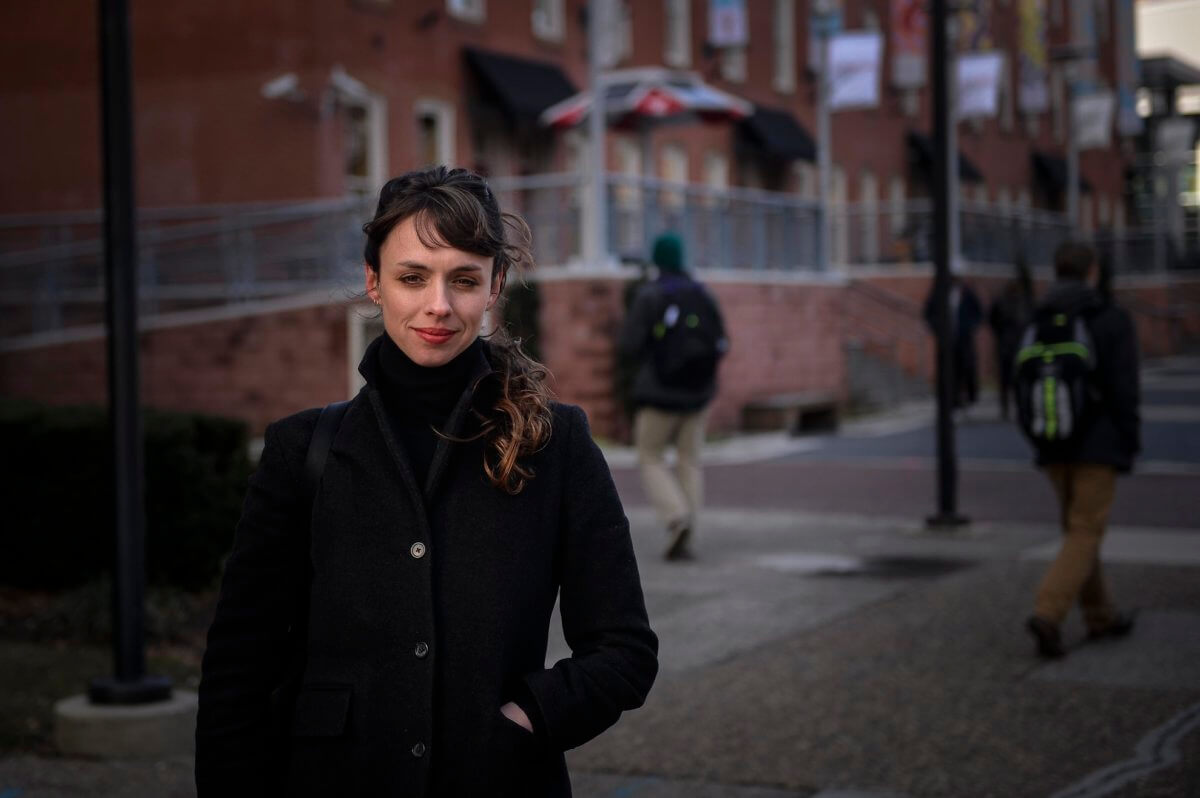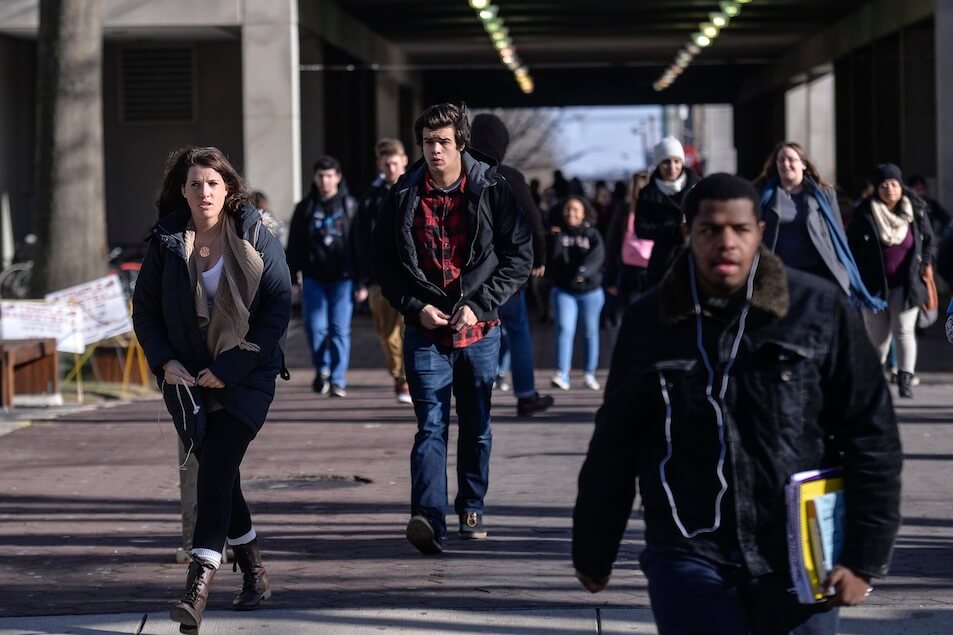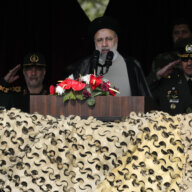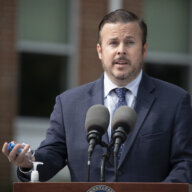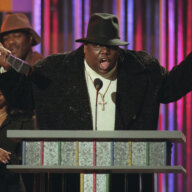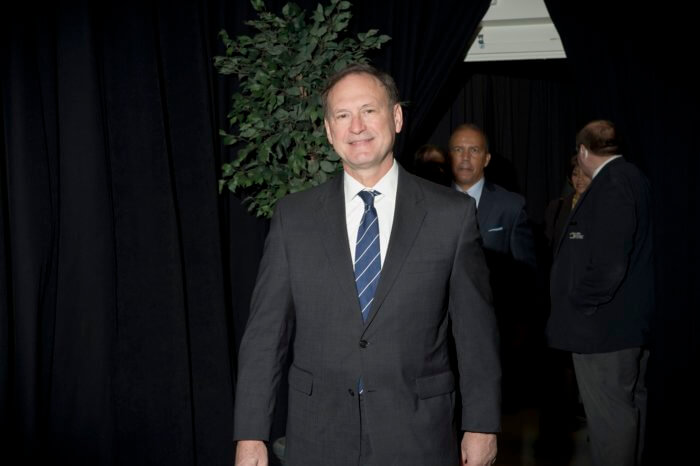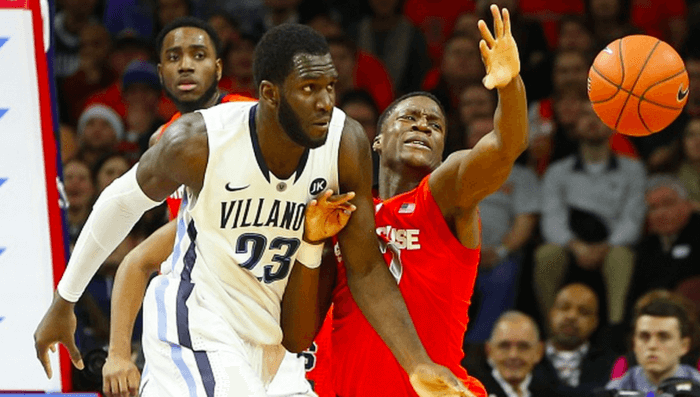Anna Neighbor has an MFA in art, and holds teaching positions at the University of Pennsylvania and Moore College of Art. But not long ago, she was applying for public assistance.
“When I have three classes a semester and I lose one of them, that can be up to a sixth of my income for that year, just gone,” said Neighbor, a member of the United Academics of Philadelphia (UAP). “Compensating for that, still trying to get dinner on the table when you’ve lost thousands and thousands of dollars, that’s a real struggle. And that’s absolutely the norm in the adjunct lifestyle.” As UPenn continues to revamp its campus and Temple University plans a new $190 million library, the instructors who allow Philadelphia’s colleges to teach ever more students for less money are seeing little if any of that pie. Now the adjuncts, part-time instructors without the salaries, benefits or job security that most academics enjoy, are striking back. At Temple, a majority of adjuncts filed authorization cards last month seeking unionization under the UAP, a local of the American Federation of Teachers (AFT), and are waiting for approval to hold an election. The Pennsylvania Labor Relations Board wouldn’t say how long it will take to reach a decision, but organizers say a majority of Temple’s roughly 1,100 adjuncts signed cards to join the UAP, which charges $11 a month in membership dues. What do adjuncts want? First off, job security. Adjunct professors need the same credentials as full-time professors, but teach individual courses on “letters of appointment.”
Their courses can be canceled on short notice — sometimes with an instructor not finding out the class is canceled until the day it is scheduled to begin. And unlike full-time faculty, adjuncts who don’t teach, don’t get paid. “It’s not even that we’re unionizing and asking to be made full-time tenured professors,” Neighbor said. “We’re asking for the most basic, basic rights of security and stability, opportunity for advancement, pay commensurate with the years of experience that we give these institutions and what we’re doing in our fields.” While Neighbor, who is raising a daughter, was denied in her request for public assistance and eventually got back to a livable work schedule, she said she could end up in the same situation in a matter of weeks if her courses were canceled. “This is the week when people are losing their classes who thought they were going to having work from January to May,” said Jennie Shanker, 50, a UAP member and adjunct professor at Temple University’s Tyler School of Art. Shanker was on unemployment benefits for a year, when her workload was cut to one course a semester after eight years on a full-time schedule, including three years as an interim department chair. “I never ever thought I’d end up on public assistance,” she said. “It’s hard to fathom. You feel like, this is not who this is for.”
Estimates range from 60 to 75 percent of the workforce in higher education being made up of adjunct professors.
“Every university I have experience at or am familiar with is increasing their use of adjuncts,” said a Philadelphia professor who declined to give their name. “The pay is quite low and the workload is extremely high. Are they mistreated? Compared to tenured and tenure-track professors, absolutely. … I think they certainly deserve better.” Temple did not comment on the UAP’s petition to the Labor Review Board.
“Temple has actively engaged in responding to adjunct faculty concerns,” a spokesman said in a statement.
Neighbor says a successful bid for unionizing at Temple will “be the beginning of raising conditions everywhere in Philadelphia.”



